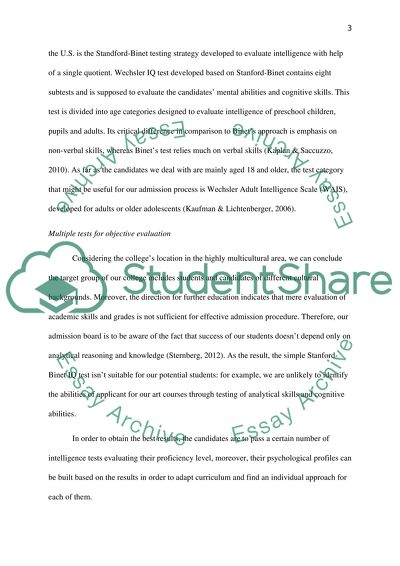Cite this document
(“Intelligence testing report Lab Example | Topics and Well Written Essays - 1000 words”, n.d.)
Intelligence testing report Lab Example | Topics and Well Written Essays - 1000 words. Retrieved from https://studentshare.org/psychology/1674513-intelligence-testing-report
Intelligence testing report Lab Example | Topics and Well Written Essays - 1000 words. Retrieved from https://studentshare.org/psychology/1674513-intelligence-testing-report
(Intelligence Testing Report Lab Example | Topics and Well Written Essays - 1000 Words)
Intelligence Testing Report Lab Example | Topics and Well Written Essays - 1000 Words. https://studentshare.org/psychology/1674513-intelligence-testing-report.
Intelligence Testing Report Lab Example | Topics and Well Written Essays - 1000 Words. https://studentshare.org/psychology/1674513-intelligence-testing-report.
“Intelligence Testing Report Lab Example | Topics and Well Written Essays - 1000 Words”, n.d. https://studentshare.org/psychology/1674513-intelligence-testing-report.


